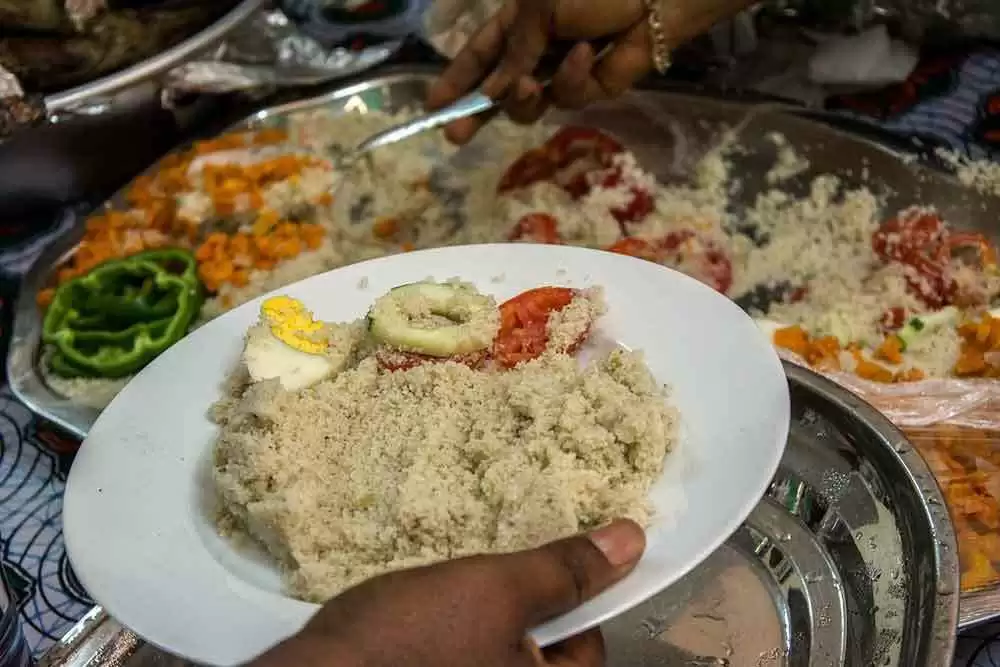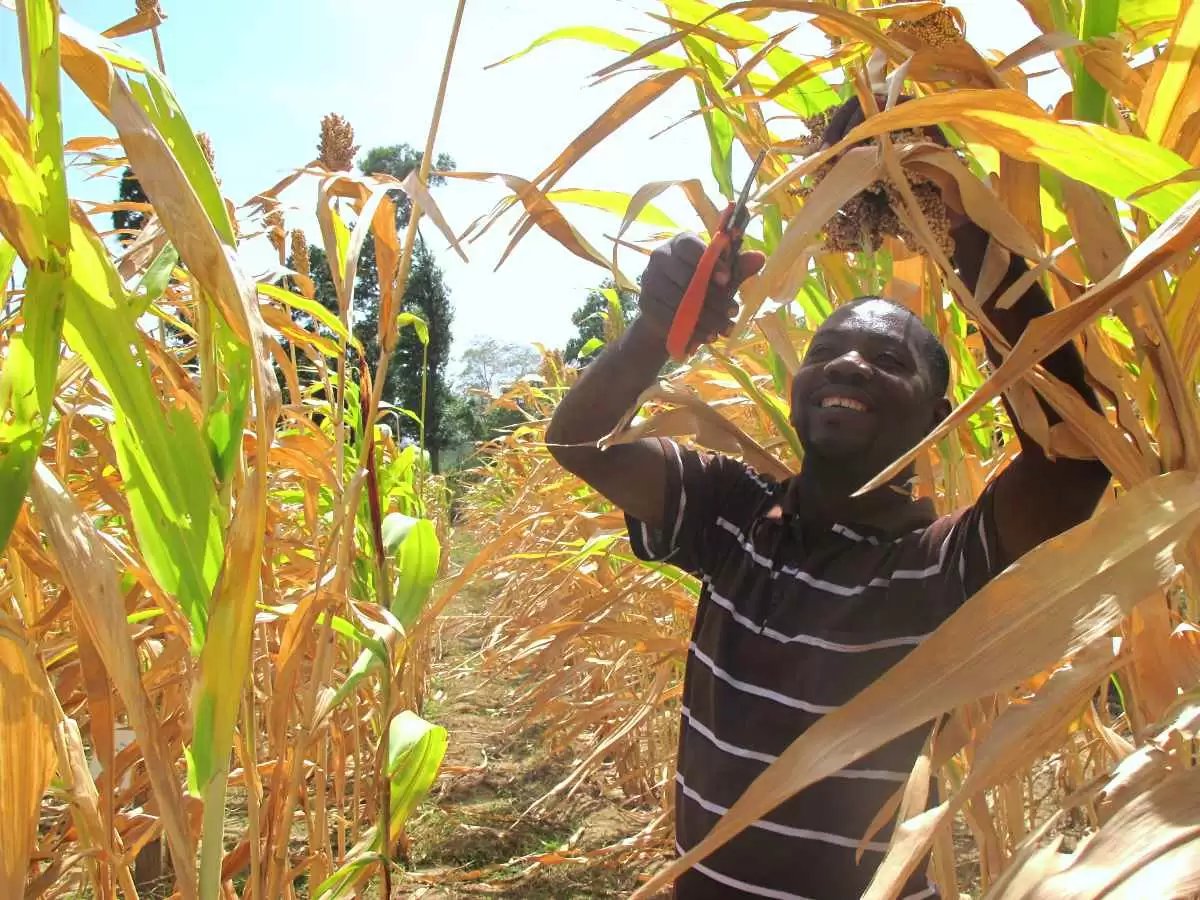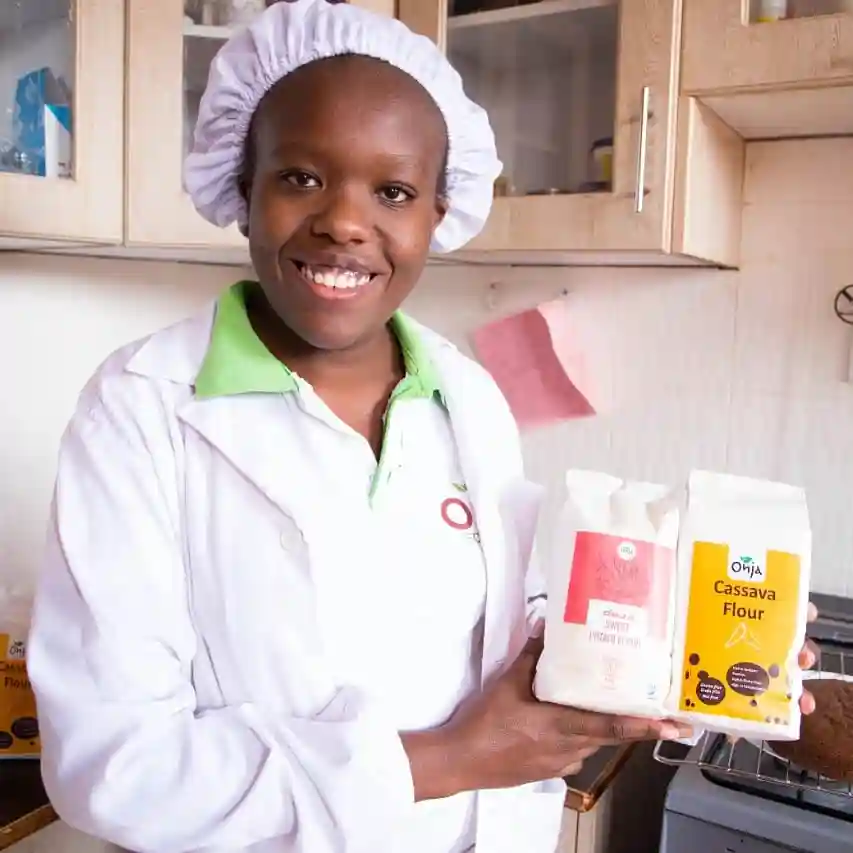Celiac.com 08/11/2025 - Celiac disease is an immune disorder triggered by the ingestion of gluten, a protein found in wheat, barley, and rye. While well-researched in many Western countries, data on celiac disease in African nations, including Cameroon, remain limited. To address this gap, researchers conducted a questionnaire-based study to evaluate the potential risk of celiac disease among adults in two Cameroonian regions—urban Wouri and semi-rural Moungo. Their goal was not to diagnose celiac disease directly, but to estimate the risk based on self-reported symptoms and dietary habits.
Method: Using Questionnaires to Assess Risk
The researchers distributed structured questionnaires to adults over the age of 18 at district hospitals in both regions. These questionnaires collected information on symptoms commonly associated with celiac disease, such as gastrointestinal discomfort and fatigue, as well as dietary habits involving gluten consumption. The responses were scored to categorize participants into low, moderate, or high-risk groups. Statistical analysis was then used to explore relationships between risk levels and demographic or lifestyle factors.
Urban vs. Semi-Rural: A Tale of Two Populations
Celiac.com Sponsor (A12):
The study found notable differences in risk levels between the two regions. Among urban respondents, 63.4% fell into the high-risk category, while only 0.7% of semi-rural participants did. In contrast, 75.3% of semi-rural respondents were classified as moderate risk, compared to 36.6% of their urban counterparts. These differences align with broader lifestyle and dietary patterns observed in the two areas.
Urban participants tended to be more educated, single, and physically active. They were also more likely to consume gluten-containing foods frequently. Meanwhile, semi-rural participants were more sedentary, consumed fewer wheat products, and had more limited access to processed foods.
Symptom Patterns: A Warning Sign
The study revealed that participants from urban areas reported more frequent and severe symptoms associated with celiac disease. For example, symptoms such as vomiting, diarrhea, constipation, abdominal pain, bloating, and heartburn were significantly more common among urban residents. These individuals also reported more extraintestinal symptoms such as fatigue, headaches, dermatitis herpetiformis, arthritis, and autoimmune diseases.
Interestingly, symptoms like enamel hypoplasia—a dental condition linked to malabsorption—were also more prevalent among high-risk participants, suggesting a deeper, systemic issue beyond temporary gastrointestinal discomfort.
Risk Indicators: More Than Just Gluten
Several factors were associated with moving from a moderate to high-risk category. These included frequent gastrointestinal symptoms, the presence of musculoskeletal issues like arthritis and osteopenia, and autoimmune disorders. Beer consumption also emerged as a significant risk factor, possibly due to its gluten content.
Urban dietary habits, especially the frequent consumption of gluten-containing processed foods, likely play a key role in the elevated risk levels. The questionnaire results indicated that 93.1% of urban respondents consumed gluten regularly, compared to only 10.0% of those in semi-rural areas.
Why the Discrepancy? Possible Explanations
The differences observed between urban and semi-rural populations may not solely reflect true disparities in disease prevalence. Access to healthcare, educational awareness, and willingness to report symptoms are typically higher in urban areas, potentially inflating perceived risk. Additionally, other regional health conditions such as tropical sprue, protozoal infections, and HIV-related enteropathies could mimic celiac-like symptoms, complicating diagnosis.
Still, the study makes a compelling case that celiac disease risk is non-negligible and that urban dietary and lifestyle factors could contribute to higher prevalence.
Study Limitations
This study has limitations. The use of self-reported data introduces the potential for recall bias or symptom misinterpretation. Also, because participants were recruited from hospitals, the sample may be skewed toward individuals with existing health concerns. The absence of diagnostic confirmation via blood tests or biopsies limits the ability to draw firm conclusions about actual prevalence.
Conclusions and Implications for Public Health
The findings suggest that a significant number of Cameroonians, particularly those in urban areas, may be at elevated risk for celiac disease. While this study does not confirm diagnoses, it highlights symptoms and lifestyle factors that align with known celiac disease patterns.
For individuals with celiac disease or gluten sensitivity, this study underscores the importance of recognizing non-digestive symptoms like fatigue, joint pain, and skin conditions. Healthcare professionals in Cameroon and similar regions should be encouraged to consider gluten intolerance in their differential diagnoses.
Looking ahead, more robust studies using serological tests and biopsies are needed to validate these findings. Until then, this questionnaire-based study serves as a critical first step in raising awareness about a potentially underdiagnosed condition in a rapidly changing dietary landscape.
Why This Matters for People with Celiac Disease
For people already diagnosed or suspecting they may have celiac disease, especially in regions like Africa where medical infrastructure is evolving, this study offers validation. It shows that gluten sensitivity is not limited to Western countries and can be influenced by urbanization, diet, and lifestyle. It also calls for better diagnostic protocols, more education for healthcare workers, and increased public awareness. In short, this study begins to build a much-needed foundation for recognizing and managing celiac disease in places where it has historically been overlooked.
Read more at: bmcgastroenterol.biomedcentral.com











Recommended Comments
There are no comments to display.
Create an account or sign in to comment
You need to be a member in order to leave a comment
Create an account
Sign up for a new account in our community. It's easy!
Register a new accountSign in
Already have an account? Sign in here.
Sign In Now